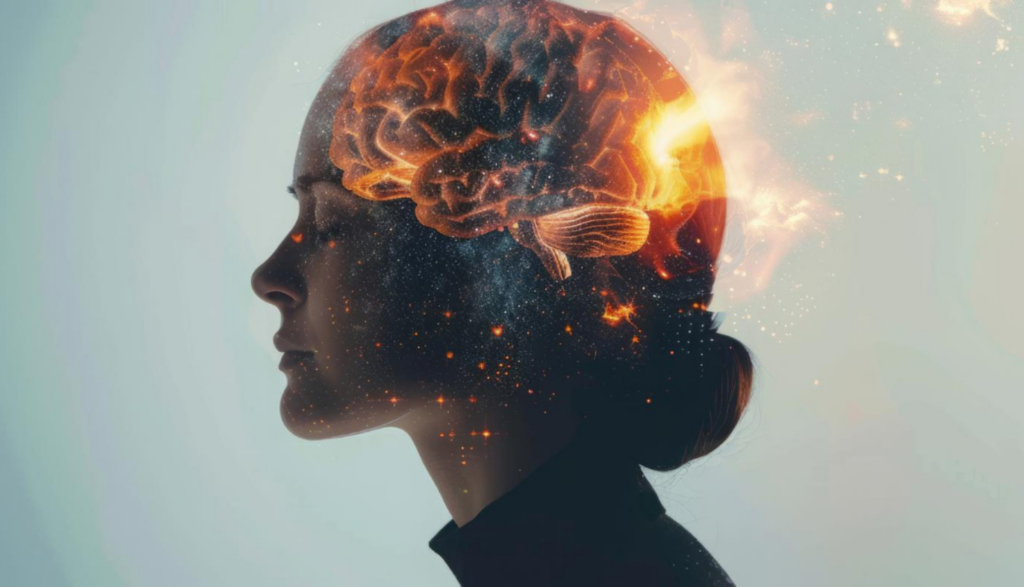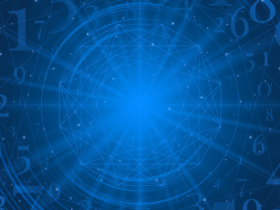Numbers have long held symbolic meaning in cultures around the world. From the mystical power of the number 7 to the supposed bad luck of 13, numerology suggests that numbers carry unique energy and can influence our personalities and decisions. But is there a scientific basis for this? Neuroscience may offer some surprising insights.
Our brains are wired to recognize patterns, and numbers play a crucial role in how we make sense of the world. Neuroscientific research shows that certain regions of the brain, such as the parietal lobe, are specialized for numerical processing. This built-in sensitivity to numbers may explain why we often attach meaning or emotion to them.
Studies have also found that humans show cognitive and emotional responses to numbers based on cultural conditioning. For example, the number 8 is considered lucky in Chinese culture due to its phonetic similarity to the word for wealth. This belief can trigger real psychological effects, influencing behavior and even economic decisions.

While numerology itself is not grounded in empirical science, neuroscience helps us understand why it feels meaningful. Our minds seek patterns, assign significance, and respond emotionally to symbols — including numbers. In this way, the ancient art of numerology may tap into something very human: the brain’s deep connection with numbers.
By combining numerology’s symbolic perspective with neuroscience’s empirical lens, we gain a richer understanding of how numbers shape not only our decisions, but our identity, beliefs, and behaviors.
Related: Master Numbers and Their Role in Achieving a Harmonious Life





















